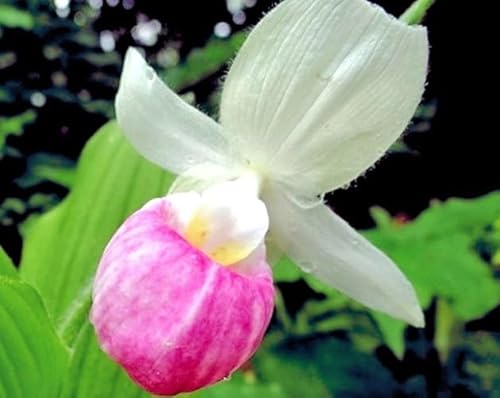spes1959
Well-Known Member
Good evening friends, I recently read several scientific articles that talk about the use in agriculture of microalgae also called phytoplankton. They are single-celled very rich in proteins, vitamins and amino acids. Is anyone among you using them as a support for fertilization? What do you think About their use?

















































